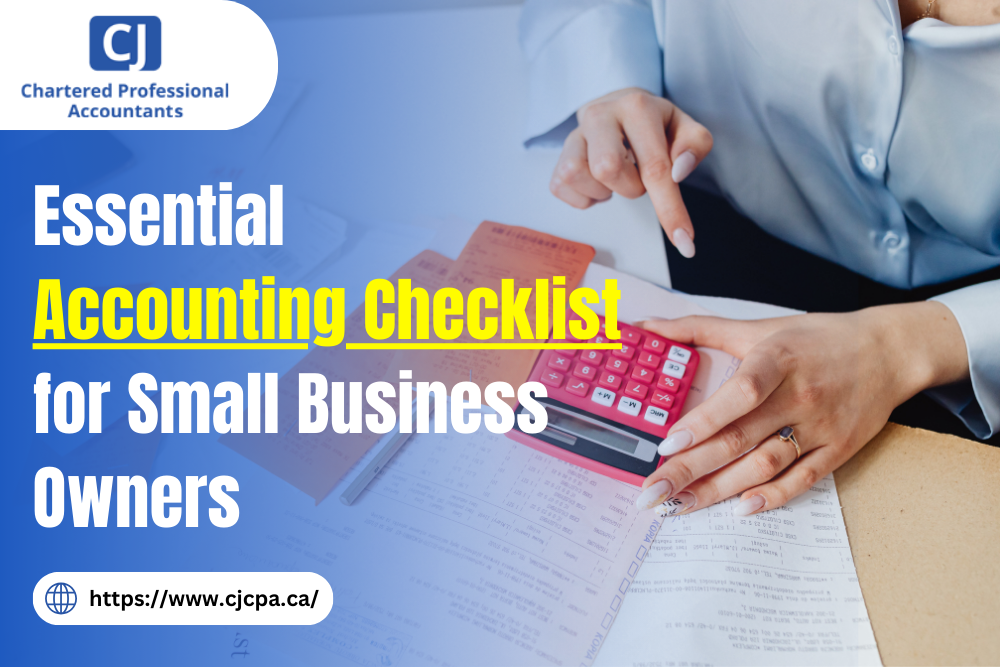Feeling unsure about how your business is really doing halfway through the year?
For many business owners, July creeps up fast, and suddenly, you’re wondering if your numbers are on track, if expenses are under control, or if you’re heading straight for a stressful year-end scramble.
And being honest, by the time December hits, it’s usually too late to fix what’s already gone off track. That’s exactly why a mid year business review isn’t just a good idea, rather a smart business move.
In this blog, we’ll walk you through what to look at, what to fix, and how a proper review now can save you stress, money, and a whole lot of guesswork later.
What Is a Mid-Year Business Review (And Why Should You Care)?
Think of a mid year business review like a performance checkpoint. It’s a chance to pause, look under the hood, and figure out whether your business is headed in the right direction or if it's time to course-correct.
While doing mid year review, you’re not just looking at your bank balance. You’re reviewing strategy, operations, and goals. It's your opportunity to make better decisions for the second half of the year, and that too before it's too late.
Key Areas to Cover in Your Mid-Year Business Review
This isn’t just a checklist, it’s a business reality check. Here’s what we recommend looking at right now.
1. Review Financial Performance So Far
Start with the basics: revenue, expenses, profit margins, and cash flow. What’s gone up? What’s costing more than expected? Are you actually making money or just surviving?
This part of the business performance assessment tells you where your money’s going and whether your current model is actually working. If the numbers aren’t making sense, this is your sign to dig deeper.

2. Compare Budget vs Actual
Did your numbers match your plans? Or are you seeing big gaps between what you expected and what actually happened?
Looking at budget vs actuals helps you spot overspending or under-earning before it becomes a bigger problem. And it’s the kind of insight your accountant can use to help you make smarter decisions going forward.
3. Update Your Forecasts
Business is never static. If you’re still relying on the same forecast from January, you’re flying blind. Use your current numbers to update your Q3 and Q4 projections.
Ask: What needs to change? Should you scale back spending? Increase inventory? Rethink your pricing? A business performance review gives you the data to do just that with less risk and more confidence.
4. Assess Operational Efficiency
Your finances can also tell you how efficiently your business is running. Are you overstaffed? Is the cost of goods sold creeping up? Are certain services or products no longer profitable?
This is the part where accounting meets operations and the insights are worth paying attention to.
5. Realign Your Strategy and Goals
At the start of the year, you probably set some goals. Revenue targets. Expansion plans. New hires. Now’s the time to ask: are those goals still realistic?
You don’t need to abandon them, you just need to realign them based on what’s actually happening. That’s what smart business owners do. They don’t wait until December to realize they’ve gone off track.
6. Spot Strengths and Red Flags Early
Your financials can also show you where you’re winning and where you’re exposed. For example, maybe your restaurant’s food cost is under control, but your payroll is creeping up. Or your transportation business is scaling, but cash flow is tight due to slow receivables.
A business review helps you identify both strong points and business risks before they impact your bottom line.
7. Take Action for the Second Half of the Year
This is where the rubber meets the road. Once you’ve reviewed your numbers, it’s time to act.
Whether it’s adjusting your budget, cutting unnecessary costs, doubling down on high-performing services, or tightening up your systems, a proper business performance assessment sets the foundation for better decisions in Q3 and Q4.
And don’t do it alone, it’s advisable to work with an experienced
small business accountant for better analysis & strategy.
Why Work With an Accountant on This?
A good business accountant doesn’t just balance your books, they help you make sense of business numbers and translate them into real business strategy.
At CJCPA, we don’t just work with our clients at tax time. We help businesses manage their finances year-round, so they can grow with clarity, not confusion.
Whether you’re planning to scale, hire, cut costs, or just understand where you stand, our team brings 30+ years of valuable insights to the table. If you’re also looking for
business accounting services, we can provide actionable insights from complex numbers, without making things more complicated than they need to be.
When Should You Do a Mid-Year Review?
Ideally, right now - in July or early Q3. This gives you enough time to take meaningful action before the year is over.
If you can’t do a full business review now, even a light version is better than waiting until year-end. And if you want to get in the habit, quarterly reviews are even better, especially for growing or high-cash-flow businesses.
FAQs
What is a mid-year review for a business?
It’s a structured check-in halfway through the year to evaluate financial, operational, and strategic performance, and make adjustments for the rest of the year.
What is an example of a mid-year business review?
Let’s say your revenue is tracking 15% below your target. You look into why - maybe one service line is underperforming, and adjust your strategy, cut unnecessary costs, or boost marketing for Q3.
What is a half-yearly business review?
It’s another term for a mid year business review, typically done in July, that covers financial health, business goals, and operational efficiency.
What should I include in a business review?
Review your financial statements, compare actuals vs budget, assess cash flow, revisit your goals, and update forecasts for the second half of the year.
Final Thoughts
A mid year business review isn’t just about looking back, it’s about moving forward with more confidence and clarity. The smartest business owners use it as a tool to reduce risk, stay focused, and take better control of their growth.
Need help understanding business numbers or planning the rest of your year? Let CJCPA guide your business through a review that actually drives results.
Contact us today to get started!





